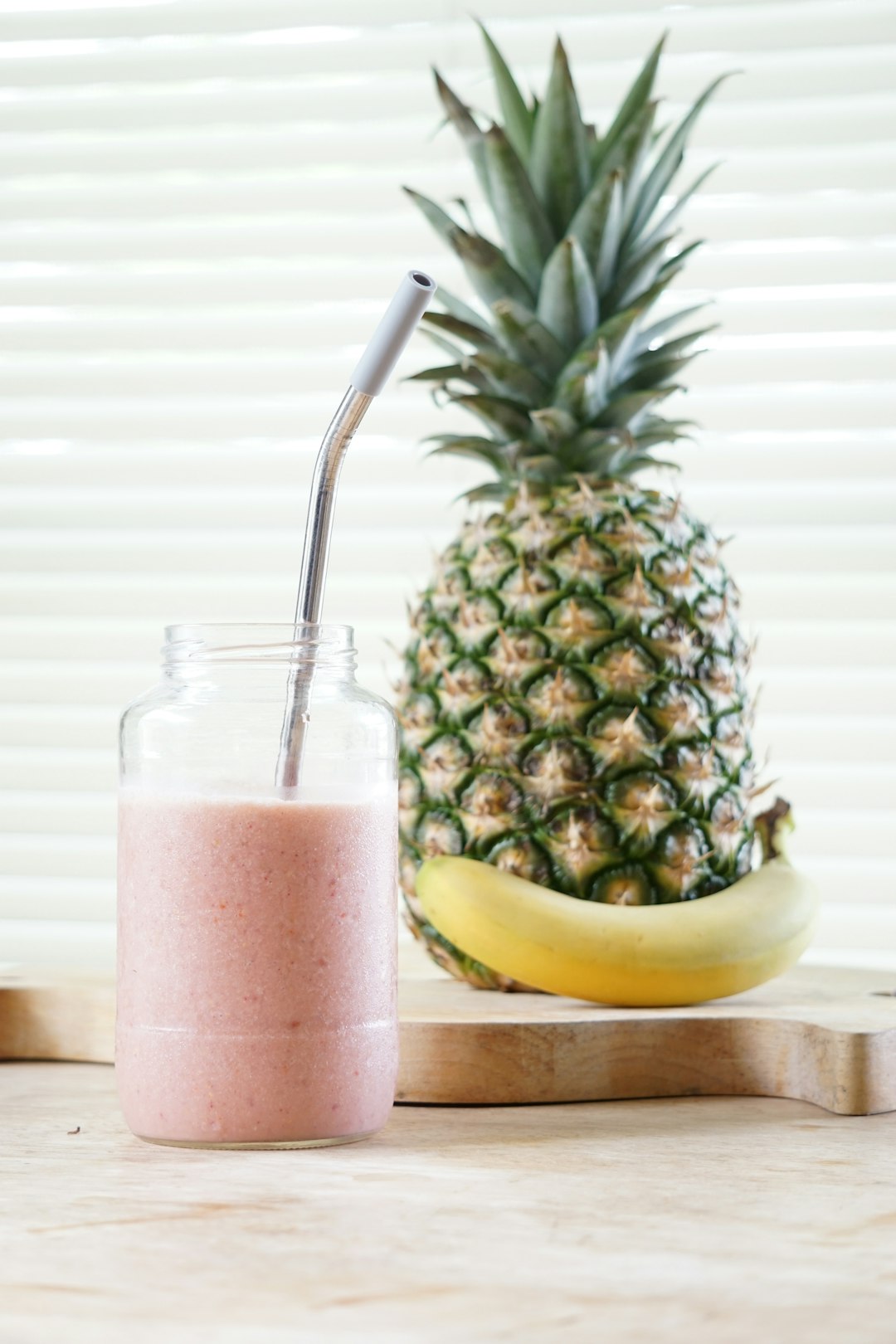Trail running nutrition made easy
Registered Dietician Kristen Yarker provides the information you need to know
Nutrition can be a tough subject to navigate. There is so much information out there, that it can be difficult to digest it all.
I’ll show myself out…

Seriously though, for myself, I need simple and easy-to-follow advice. That’s just what helps me benefit from it the most. When something can be broken down into easy-to-follow components, that’s perfect. Registered dietitian (with an MSc in Human Nutrition) Kristen Yarker provided that kind of great and clear information to me on a recent podcast:
Here are the main components to keep in mind when you’re training for your big event according to Kristen:
Fruits and Vegetables
Eat enough
Hydration
Stay consistent
Eat directly after working out
Fruits and Vegetables
Kristen refers to fruits and vegetables as the major blindspot in sports nutrition.
“When somebody is doing something as intense as an ultramarathon, you're doing all that oxidative damage, all that inflammation that you're creating in your body, and our vegetables and fruit are antioxidant and anti-inflammatory superpowers.”
We want to aim to get at least 6 servings of these every day when we’re training. “the good way to kind of eyeball a serving is about the size of your fist.”
Eat enough
Seems simple, right? It’s important to follow through on this though. Sometimes after a run or tough workout, our stomachs aren’t always ready to eat a bunch of food. Those who aren’t hungry would benefit from finding a way to kick their appetite in because an injury can occur if we don’t eat enough. “Sometimes we start seeing those stress fractures, those other injuries that are happening from undernutrition overall. People are focusing on getting all their protein, which is great, but they're not getting enough calories. And the body will use protein for energy before it uses protein to build muscle.
“If you're not getting enough energy like you're not eating enough food overall, your body's going to use that protein to just keep your body functioning rather than building the muscle which you're trying to use it for. You want to get enough food in so that you're using the protein for the muscle.”
Hydration
“If you've arrived at your training already dehydrated, you can't make up for that by drinking a whole bunch of fluids during training.”
The nutritionist also makes it clear it’s important to stay hydrated at all times. That allows us to have good energy and body function. If we’re hydrated, we can actually go through our workout and stay hydrated, as opposed to starting at a deficit and never being able to catch up.
Stay consistent
This information applies no matter where you are in your training cycle. If you’re working more, you want to eat more, so make sure to take in more during heavier weeks. Training consistently and finding what works for you is just as important with your nutrition as it is with your running. You want to nail down what works for you during those months of training and not bother messing around with that when it comes to event week/day.
“You never wear new shoes on race day, and nutrition is the same. You don't want to change things up right before your race.”
Eat after your workout
“There is a window of time after you've worked out when your muscles are particularly wide open to take in what they need for muscle repair and also to restore the energy stores within there. You want to be doing that eating ideally as soon afterwards as possible, definitely within 2 hours. And the absolute ideal is within 20 minutes. Then you're maximizing while that muscle is wide open. So that you're really getting the most maximum muscle building from it and also the recovery.”
I have a bad habit of nailing down my nutrition during a workout and forgetting about the need to do this right after the workout as well. It’s so important for our body to recover and build muscle though, and so I’ve been making a commitment to get much better at this. It’s been working too, as I have made sure to have food directly after far more often recently!
When I was training with Ridgeline Athletics, Gary suggested a simple almond butter and banana sandwich after a run. That’ll give you everything you need to maximize the recovery. Kristen broke down what the meal afterward should consist of as well.
“You want to be taking in two main things. One is you want to be taking in protein. Protein is made up of amino acids, and amino acids are also the building blocks of our muscle. You also need to put in the fuel source as well. And that's the carbohydrate. You might have heard of Glycogen stores before, but that's the energy store within the muscle, and it's actually a carbohydrate store. So that's why you want to eat carbs after, too.”
Kristen also mentioned looking for foods rich in Lucine and noted examples like dairy, whey protein powders, meat & poultry, and some seafood. She also made sure to give some examples for vegans, which include soy, nuts, tofu, edamame and there are specific vegan “sports-specific” protein powders.
We sometimes look for shortcuts, or convoluted ways of getting better, when the smarter option (we know) is to just get it right. This information is so simple and easy to put into practice and will make you a better athlete. It’s the right information, we might as well get better the right way.
Kristen Yarker (Registered Dietitian (with an MSc in Human Nutrition)) runs a team of registered dieticians, she’s written a cookbook, and she is well versed in all things nutrition. She is a wealth of knowledge. Give her a follow on IG.
If you enjoy my newsletter, I would really appreciate it if you could like, share, subscribe, or comment! I’m trying to make this the best trail running newsletter it can be and I certainly appreciate your time. Thank you all and happy trails.






